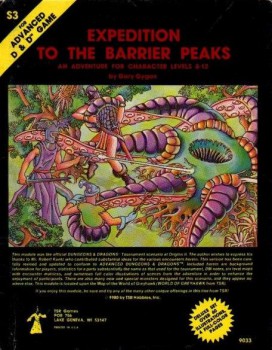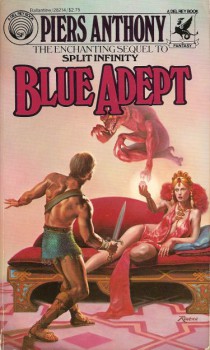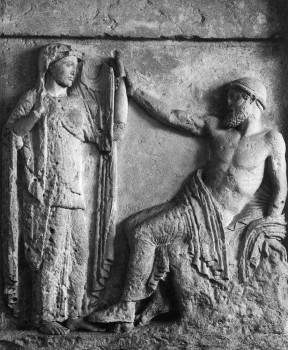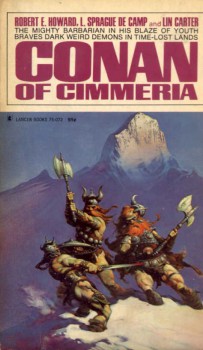R&D to SF: Thanks for ruining it for the rest of us!

Although it first filed paperwork in mid April of this year, the news that Samsung was suing Apple (the iPhone guys, not the Beatles label) was rendered strange by one of their arguments. It seems that Samsung was contesting the viability of Apple’s patents for the iPhone and iPad, because a nearly identical device had been seen used on the U.S. space mission Discovery One, way back in 1968.
Yes, that Discovery One. You know, the mission to Jupiter where the HAL-9000 AI had a series of unforeseen technical difficulties and eliminated the human crew, thus putting the U.S. space program on hold until mid 1969, when America renounced its Jovian ambitions and settled for landing on the moon.
Samsung used, in its initial defense of the argument, this clip from a documentary on Discovery One, clearly showing members of the ill-fated crew using an iPad-a-like to stream video feeds while somewhere past Mars orbit. This, Samsung assured the press and the courts, is clear evidence that Apple didn’t invent anything, and that the idea –the actual execution, even– of the iPad had been around long before Apple even existed. So, all of Apple’s patents had to be seen for the shams that they were. Steve Jobs was, in effect, cribbing ideas from doomed U.S. space missions, and profiting from the misfortunes of historical figures.





